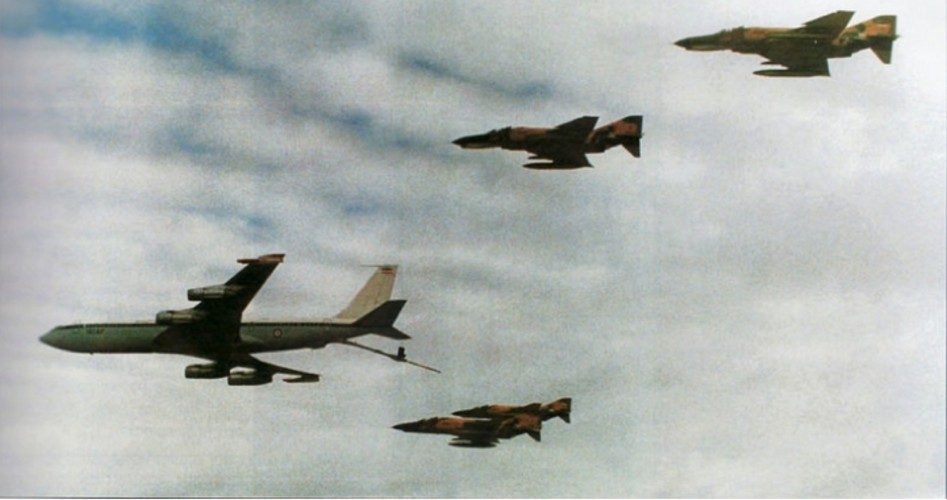
As Iranian-sponsored Shiite militias take an increasing role in the fight against the Islamic State, Iran’s growing influence in Iraq is setting off alarm bells from Washington to Riyadh, the Associated Press reported. At a hearing of the Senate Armed Services Committee last week, General Martin Dempsey, chairman of the Joint Chiefs of Staff, said that about two-thirds of the Iraqi forces now fighting for Tikrit are Shiite militias supported by Iran, which also has provided artillery and other resources. The rest are Iraqi regular forces, he said. At the same hearing, committee chairman John McCain (R-Ariz.) asked Defense Secretary Ashton Carter if it alarms him that Iran “has basically taken over the fight.”
“It does. It does,” Carter replied, adding, “We’re watching it very closely.”
One Iranian the United States might be watching with special interest is Major General Qasem Soleimani, leader of the Quds force, the special operations wing of the Iranian Revolutionary Guard Corps. Soleimani has twice been designated a terrorist by the United States and is considered responsible for as much as 20 percent of U.S. casualties in the Iraq War. Now photos circulating on social media show him with Iraqi officials in and around Tikrit, Fox News reported. The fight for Tikrit is considered key to the retaking of Mosul from ISIS. The city is 120 miles south of Mosul and 100 miles north of the Baghdad, the Iraqi capital.
Tikrit is also the birthplace of the late Saddam Hussein, the Iraqi president who led his nation into a war with Iran from 1980 to 1988. He was overthrown and later captured in the U.S.-led invasion of Iraq in 2003. Hussein, a Sunni, was convicted of crimes against humanity by an Iraqi Special Tribunal for the murder of 148 Shiites in the town of Dujail in 1982. He was executed on December 30, 2006
Ironically, U.S. policymakers favoring the Iraq invasion believed a pro-Western government in Baghdad would help counter the influence in the region of Iran, the nation the U.S. State Department has labeled “the most active state sponsor of terrorism.” But the Shiite majority population of Iraq elected a Shiite government that has resisted U.S. urgings to include more Sunnis and Kurds in government posts. Since the end of Hussein’s regime, ties between Iraq and the Shiite government of Iran have increased to the point where Baghdad did not ask the U.S.-led coalition for air support in Tikrit, relying instead on the Iranian-backed militias (Iranian air forces shown). The United States has been conducting airstrikes daily against the Islamic State in Iraq and Syria, and U.S. airpower was key in stopping Islamic State advances in northern Iraq after ISIS captured the cities of Tikrit and Mosul while Iraqi forces fled, leaving millions of dollars’ worth of U.S. weapons in their wake.
“Have we ceded most of the governance of Iraq to Iranians?” Representative Rodney Frelinghuysen, (R-N.J.) asked Defense Secretary Carter during a hearing of the House Appropriations defense subcommittee. “And will the military operations that are undergoing, which we are watching, divide the country and require us in some ways to spend more of our resources?”
“I absolutely share your concern about the role of Iran in Iraq and the wider region,” Carter told the panel. So, apparently, does Prince Saudi al-Faisal, foreign minister of Saudi Arabia.
“What is happening in Tikrit is exactly what we are worried about,” al-Faisal said at joint press conference with U.S. Secretary of State John Kerry in Riyadh on Thursday. “Iran is taking over the country.” Kerry diplomatically suggested the good prince was exaggerating. The offensive in Tikrit, “was put together by the Iraqis, formulated by the Iraqis, executed by the Iraqis, and that’s the best thing all of us could, frankly, ask for,” Kerry said. “So we take it the way it is and we’ll hope for the best results and move from there.”


